15 April 2025
Video games have come a long way since the days of pixelated plumbers and blaring 8-bit jingles. Today, gaming is a fully immersive experience, with sprawling worlds, captivating stories, and, of course, jaw-dropping soundtracks. But here’s a twist you might not see (or hear) coming—AI is stepping up as the next big composer in the gaming world. Yep, artificial intelligence is getting into the groove, shaping how game soundtracks are created, and dare I say, it has the potential to change everything.
So, can AI really create music that makes us feel something? Will it replace human composers, or is it more like a high-tech sidekick lending a helping hand? Let’s crank up the volume and dive in.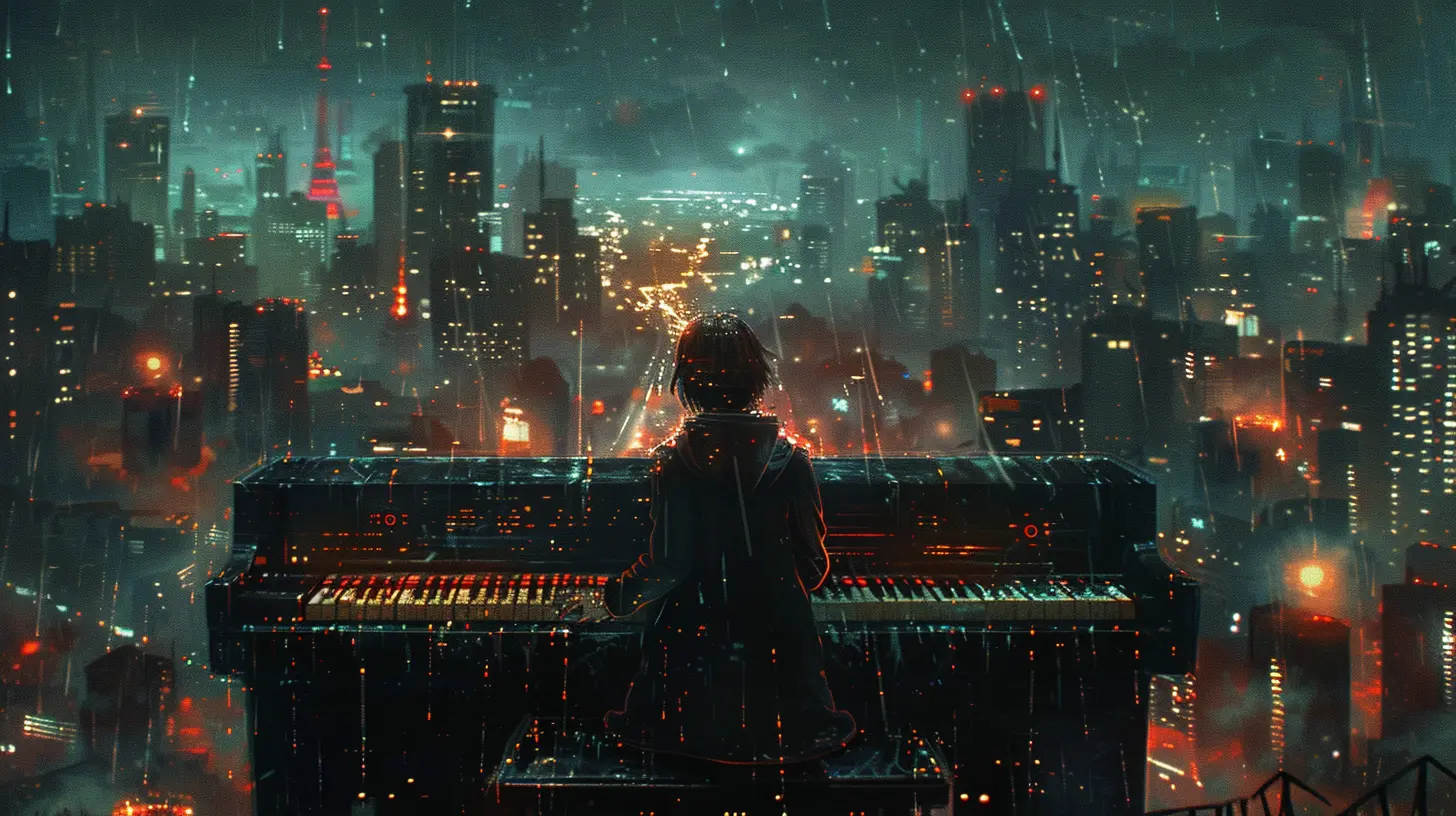
Why Soundtracks Matter in Games
Let’s face it, a game without music is like a movie without popcorn—something’s just missing. Music in games isn’t just background noise; it’s the glue that holds the emotional experience together. Think about the tense violin strings that play as you face off with a terrifying boss or the serene melodies that wash over you while exploring a peaceful meadow. Whether you’re saving the world or just grinding for loot, the music makes every moment memorable.Now, imagine the complexity of crafting those soundscapes. It’s not just about throwing in a catchy tune. Soundtracks need to match the mood, setting, and pace of the game. That’s where AI steps in, offering tools to create dynamic, reactive, and downright innovative soundtracks.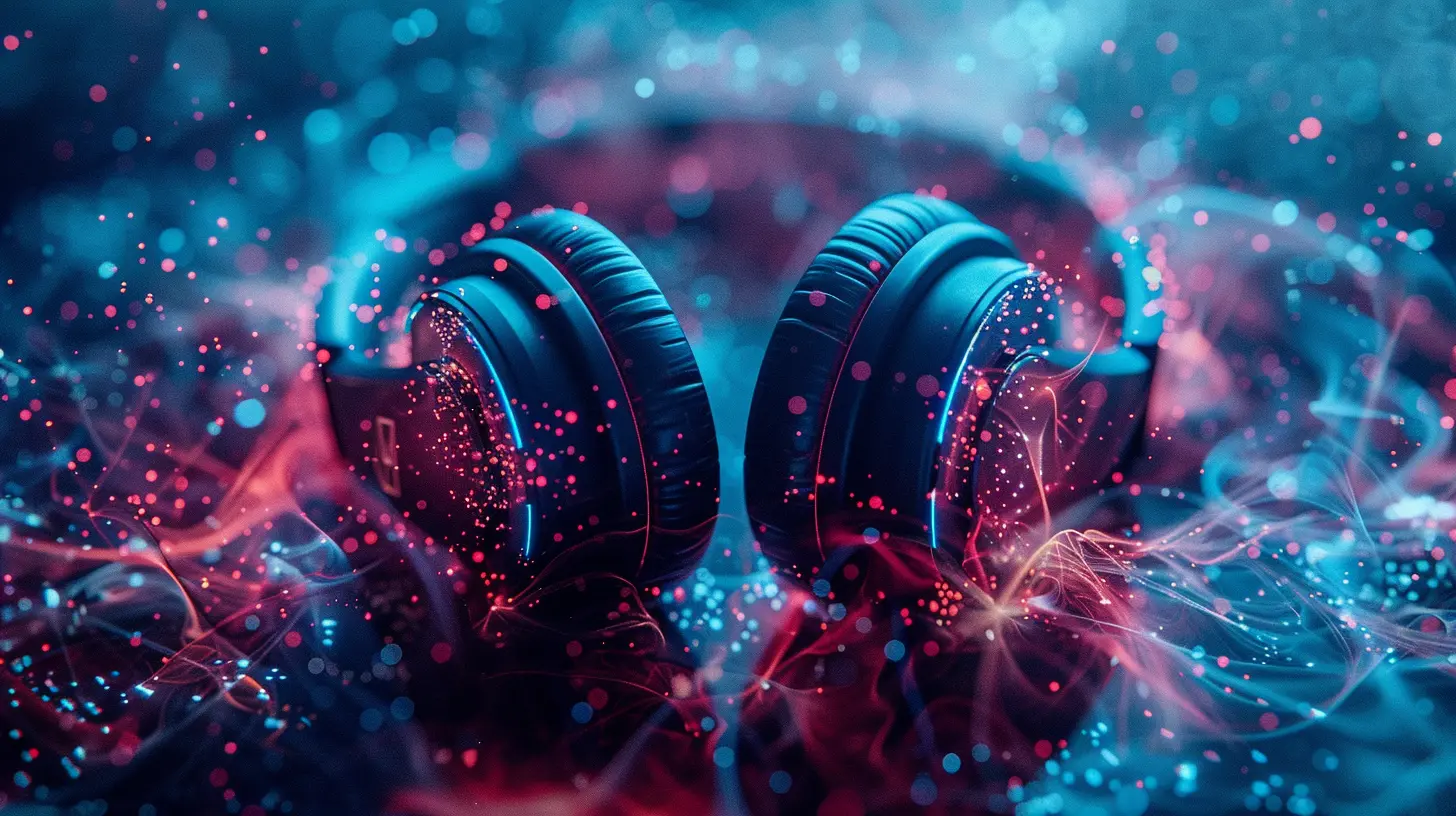
What Role Does AI Play in Game Soundtracks?
We’re not talking about AI dropping a beat on its own (at least not entirely). Think of it more like a co-composer. AI uses algorithms to analyze tons of music data, understanding things like mood, tempo, and structure. Then it generates original compositions or adapts existing ones based on its analysis. Essentially, AI breaks down music creation into a science and uses machine learning to get creative.For game developers, this means AI can:
1. Generate Adaptive Music in Real-Time: Imagine you’re sneaking through a dungeon, and the soundtrack shifts dynamically when an enemy spots you. AI can compose or tweak music on the fly to match what’s happening in the game. It’s like having a personal orchestra playing just for you, responding to your every move.
2. Save Time and Costs: Creating a soundtrack from scratch can be time-consuming and expensive. AI can help speed up the initial stages of composition, giving developers a base to work from. Instead of starting with a blank canvas, they can refine what the AI generates.
3. Push Creative Boundaries: AI doesn’t have human limitations. While a composer might have a signature style, AI can experiment endlessly with different genres, instruments, and patterns, leading to some truly unique results.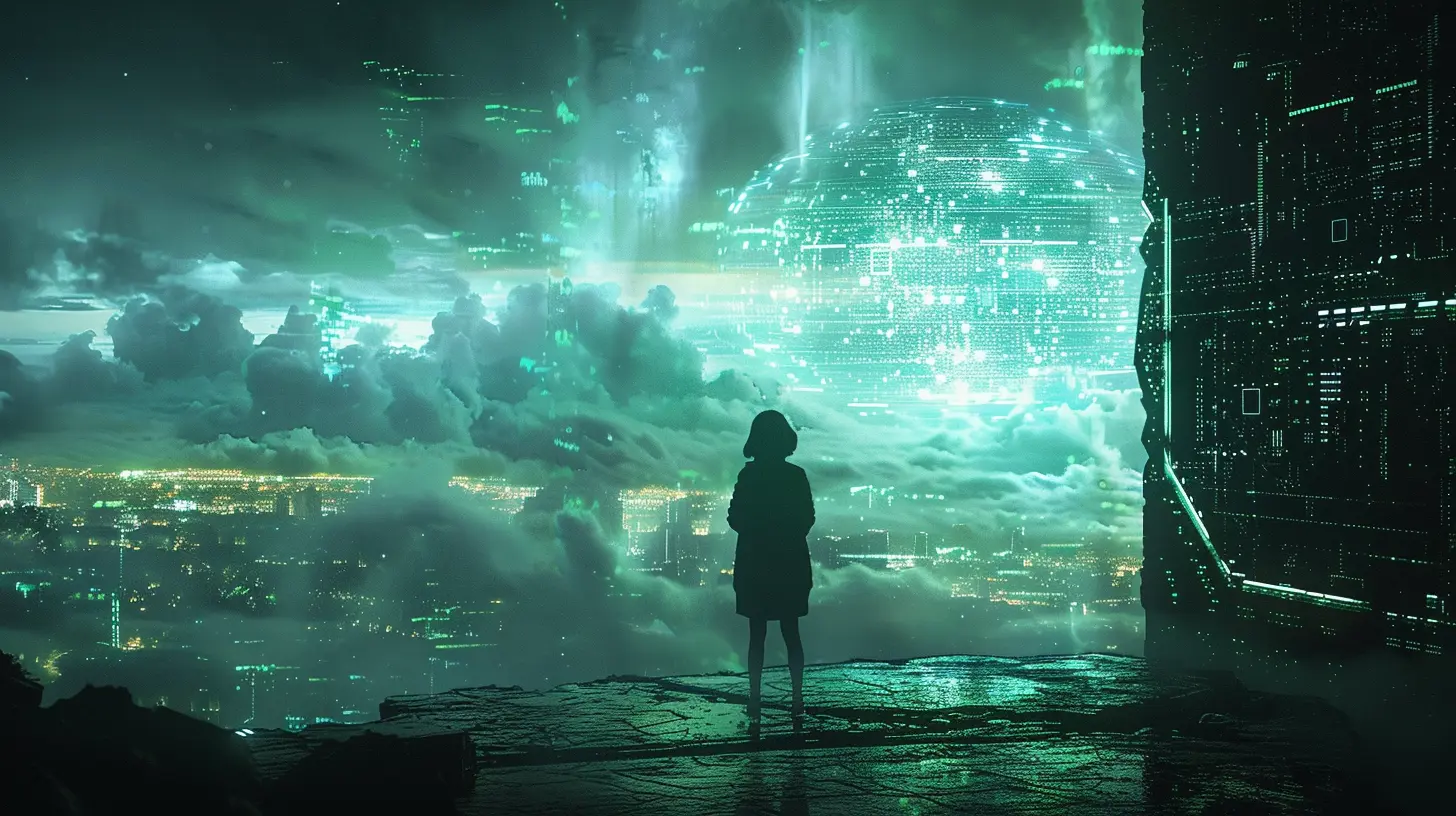
How AI is Already Shaping Game Music
AI-generated music might sound like some futuristic concept, but it’s already happening. Here are a few ways AI is making waves in the gaming industry:1. Procedural Soundtracks
Procedural generation has been a buzzword in gaming for years, usually tied to level design or world creation. Well, guess what? AI is doing the same for music. Games like No Man’s Sky have used procedural music to match their massive, ever-changing universes. The soundtrack adapts to your location and activities, making every moment feel fresh and personal.2. AI-Powered Composition Tools
Platforms like AIVA (Artificial Intelligence Virtual Artist) and Melodrive are helping creators compose custom game soundtracks. These tools use AI to generate music tailored to specific themes or emotions. For indie developers on tight budgets, this is a game-changer—literally. They now have access to high-quality compositions without hiring a professional composer.3. Real-Time Music Adaptation
Some games are using AI to make soundtracks more interactive. Think about RPGs or open-world games where your choices shape the narrative. With AI, the music also adapts to your decisions, making the experience even more immersive. It’s like having a musical narrator following your journey.
Will AI Replace Human Composers?
Okay, let’s pause for a second. If you’re a composer reading this, you might be sweating bullets. Will AI steal your job? The short answer—nope, not quite. The long answer? AI isn’t here to replace human creativity; it’s here to enhance it.AI excels at crunching data and generating ideas, but it lacks soul. (Cue the dramatic music!) A human composer brings emotion, intuition, and a deep understanding of storytelling—things that AI just can’t replicate. Think of it this way: AI is like a high-tech sous chef in the kitchen. It can prep the ingredients, but the head chef still needs to work their culinary magic to create a masterpiece.
In fact, many composers are already using AI in their workflows as a tool for brainstorming or generating quick drafts. It’s collaboration, not competition.
The Benefits of AI-Driven Music Creation
Now that we’ve established AI isn’t the "end boss" of composers, let’s talk about why it’s actually a good thing for the gaming industry:1. Accessibility in Creativity
AI lowers the entry barrier for creating compelling soundtracks. Smaller indie studios that can’t afford big orchestras or renowned composers now have the tools to craft amazing music. This democratization of creativity means more diverse and interesting games for all of us.2. Innovation and Experimentation
AI isn’t bound by tradition or human biases. It can explore genres and sounds that composers might overlook. This can lead to some truly groundbreaking music that pushes the boundaries of what we think a game soundtrack should sound like.3. Efficient Development
With AI handling some of the heavy lifting, composers and developers can focus on fine-tuning the details. It’s like having an extra pair of hands on deck, allowing for quicker turnarounds and more polished results.The Challenges of AI in Game Music
Of course, it’s not all sunshine and rainbows. AI in music creation comes with its fair share of challenges:1. Lack of Emotion
As mentioned earlier, AI can’t truly “feel” emotions. While it can mimic them to an extent, there’s always a risk that the music might lack a certain human touch, coming off as too mechanical or sterile.2. Ethical Concerns
Who owns the copyright to AI-generated music? Is it the developer, the AI creator, or… the AI itself? (Okay, probably not the AI.) These are questions that still need clear answers.3. Overreliance on AI
There’s a danger of developers leaning too heavily on AI, leading to soundtracks that feel formulaic or uninspired. Striking the right balance between AI and human input is crucial.What Does the Future Sound Like?
So, can you hear the future? If AI continues to evolve at its current pace, it’s safe to say the gaming world is in for a sonic revolution. We’ll likely see more games with procedurally generated, adaptive soundtracks that respond to players in real-time. AI could also become an essential tool for composers, helping them to dream up ideas they never would’ve thought of on their own.But more importantly, AI will push us to rethink what music means in games. It’s not just about creating a catchy tune; it’s about crafting an experience that feels alive and personal. And if AI can help us achieve that, why not welcome it with open arms (and ears)?
Final Thoughts
AI’s role in creating game soundtracks is like opening a door to a room full of possibilities. Sure, it might feel a little strange letting machines dabble in something as emotional as music, but when used wisely, AI can elevate the gaming experience to new heights. Whether you’re a gamer, a composer, or just someone who loves games, one thing’s for sure—the future of game soundtracks is going to sound amazing.So next time you’re in the heat of battle or wandering a breathtaking virtual landscape, take a moment to appreciate the music. Who knows? It might just be the handiwork of an AI.

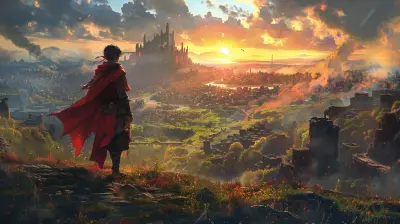

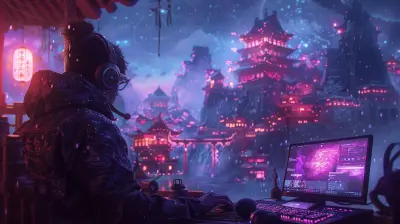
Carter McTavish
AI composers blur the line between creator and creation, reshaping how we experience interactive narratives.
April 17, 2025 at 4:14 AM